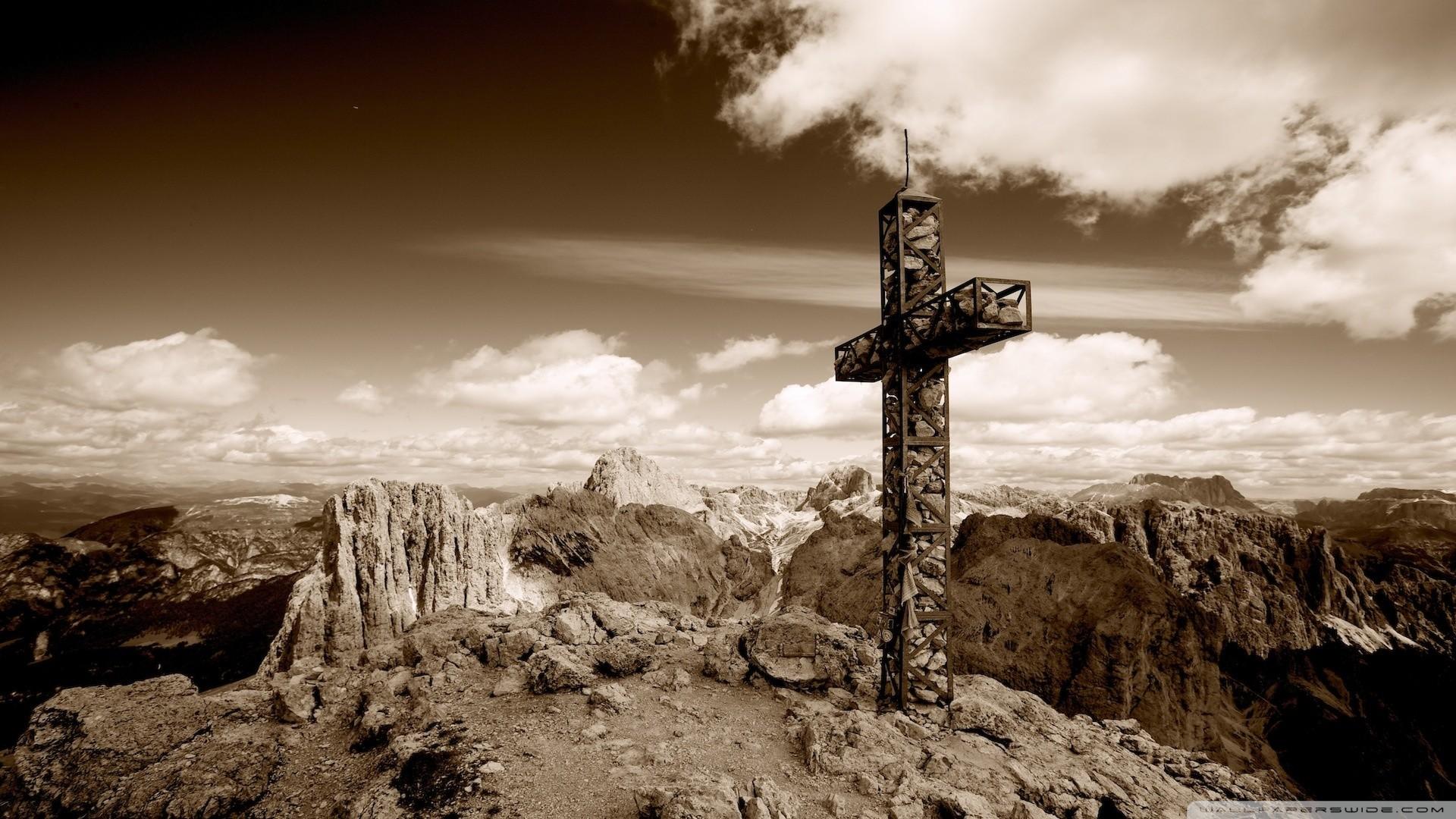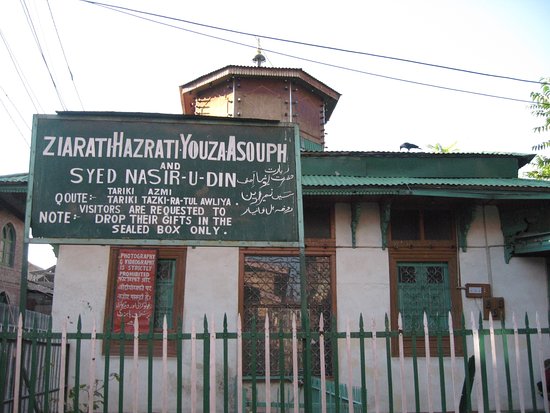There are many theories about whether the story of Jesus was exactly as presented in the Church and the Bible. Some theories even suggest that there is no evidence of Jesus. In turn, others say that he fled to France after the alleged resurrection. Now, there is a theory that Jesus was a Buddhist.
Read also:
This Polish Man Met Aliens From Venus And Took Photos of Their UFO
7th Door Of Padmanabhaswami Temple Holds Secret Information Of Alien Civilization

What if Jesus simply preached the teachings of Buddhism that he had learned at a time that was not included in the Bible? In addition, according to these theories, after the crucifixion and resurrection, Jesus went to Kashmir, India.
The BBC document deepened this theory and raised some interesting questions. The main issues of the document are the birth of Jesus, his lost years, the crucifixion, resurrection and events that occurred after the resurrection.
Who were the Three Wise Men who visited the Savior after birth? Were they Buddhist monks who witnessed the reincarnation of Buddha?
Did they take him to India during his missing years? Was the resurrection of Jesus only a clinical death? In ancient times, people did not know about the existence of this phenomenon. In the end, did Jesus ascend to heaven or did he decide to go to other areas? One theory suggests that he is buried in Kashmir.
Buddha told his disciples that they should love their brethren. This is not the same as the teaching of Judaism, but it is closer to the teaching of Buddhists. In addition, some motifs, such as walking on water or feeding the hungry manna from heaven, are attributed to the Buddha.
There are people in Kashmir who claim to be descendants of the Israelites and that Jesus came to this land many centuries ago to teach them.

According to this theory, he came to India at the age of 12 and lived there until he became 29. His body rests in Rosabal, and the crypt is decorated with the image of legs with a stigma.
This theory is very contradictory, but a lot of evidence indicates the high probability of this version of events.








